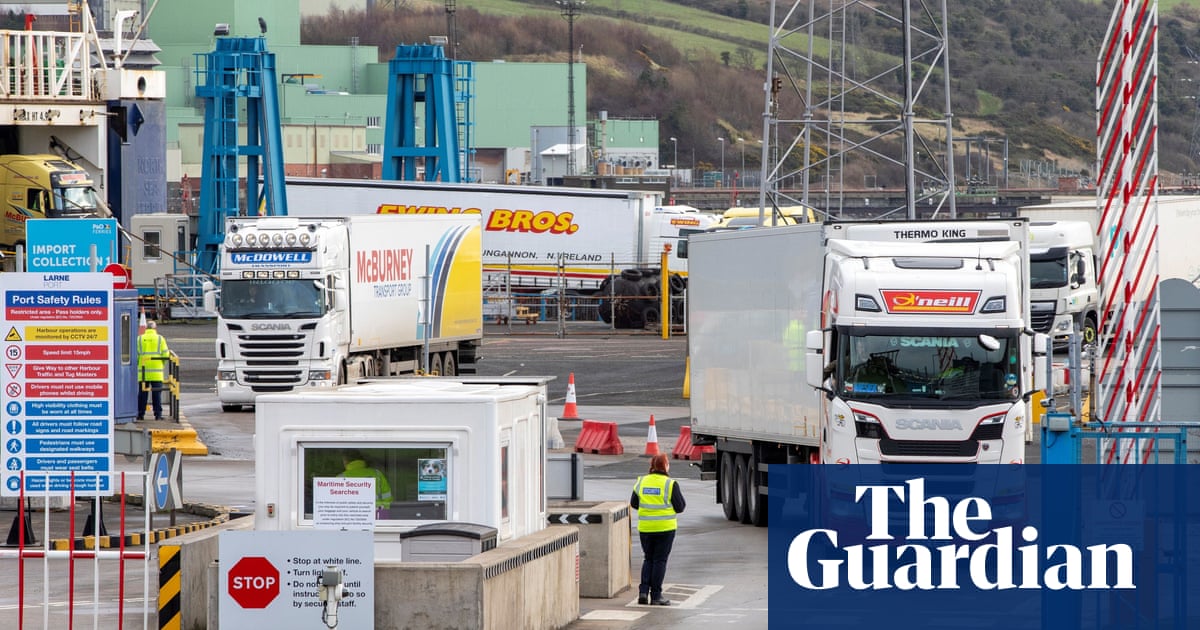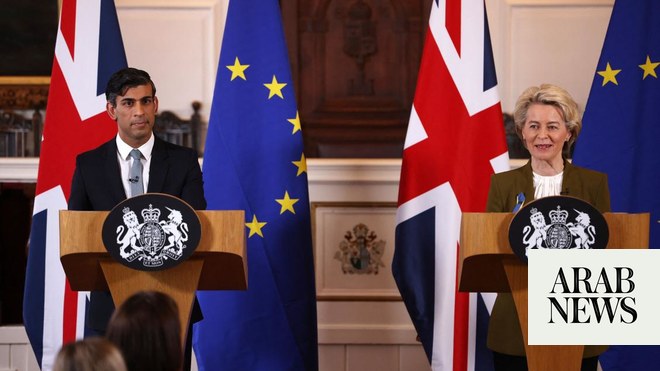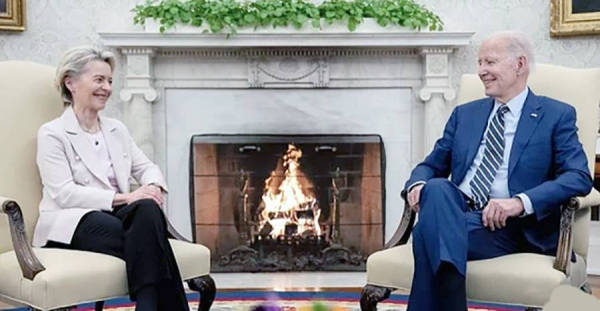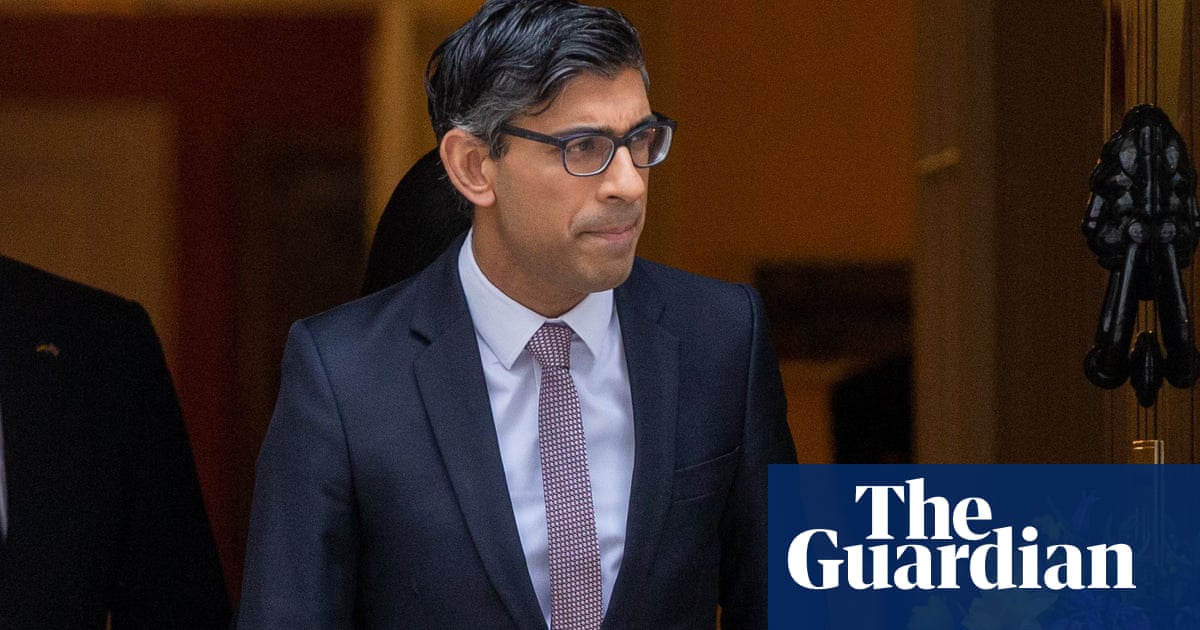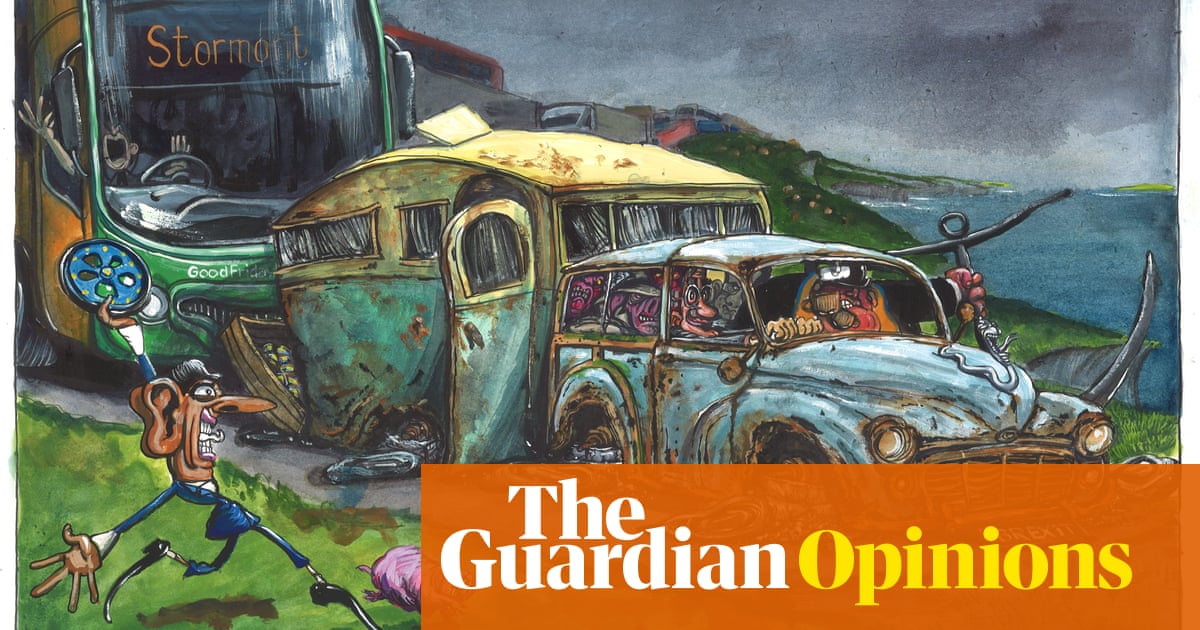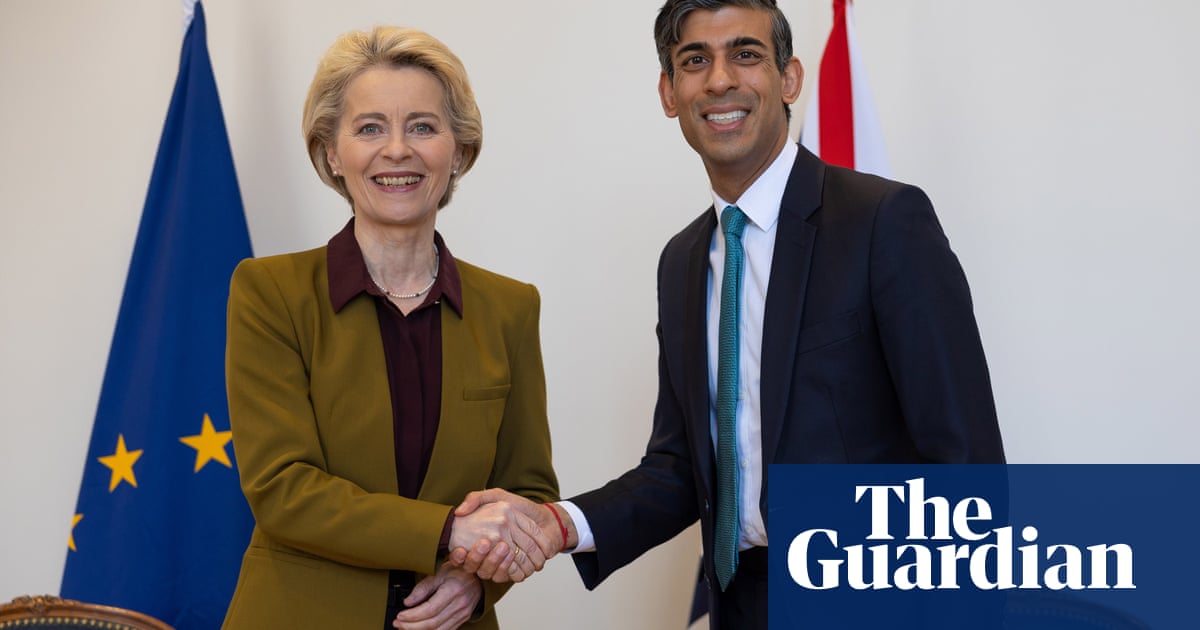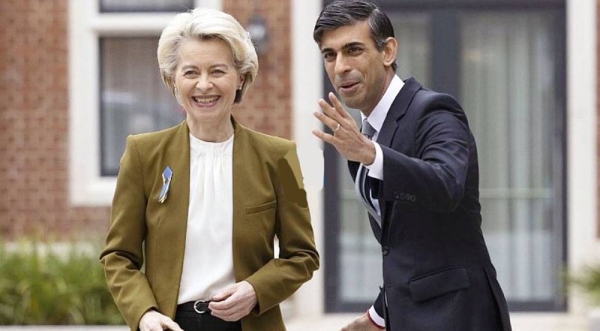
LONDON — The European Commission and the British government have reached a deal on the Northern Ireland Protocol, UK government sources said on Monday, following a meeting between Ursula von der Leyen and Rishi Sunak.
The Commission chief and British prime minister are to hold a joint press conference at 16:30 CET from Windsor, in the southeastern English county of Berkshire where they held their talks.
EU ambassadors will meanwhile convene in Brussels for an informal COREPER meeting to discuss the deal.
“I’m looking forward to turning a page and opening a new chapter with our partner and friend,” von der Leyen said upon arrival in the UK earlier on Monday. She was also scheduled to meet with King Charles III.
The von der Leyen-Sunak meeting was the second one in less than two weeks with the first held on the sidelines of the Munich Security Conference.
It also comes after a flurry of cross-Channel talks over the past few weeks between Maroš Šefčovič, the EU’s main Brexit negotiator, and his British interlocutor, Foreign Secretary James Cleverly. Sunak has meanwhile also traveled to Northern Ireland to gather support for the deal.
The region has been without an executive since the Democratic Unionist Party (DUP) pulled out of the power-sharing agreement over the Protocol in February 2022. It argues that the treaty undermines Northern Ireland’s place in the UK.
Under the Protocol, Northern Ireland has remained within the EU’s Customs Union for goods meaning checks must be carried out between the two sides of the UK.
This de-facto border in the Irish Sea was seen as the best way to prevent the erection of a border between Northern Ireland and the Republic of Ireland, with some fearing a return of deadly sectarian violence that was ended 25 years ago with the Good Friday Agreement.
The DUP has issued a list of “tests” it says must be fulfilled for it to support any deal. These include” no checks on goods going from Northern Ireland to Great Britain or from Great Britain to Northern Ireland” and “no new regulatory barriers develop between Northern Ireland and the rest of the United Kingdom.”
The compromise believed to have been found is the creation of a two-track customs system with a so-called “green lane” for goods exported from Great Britain and intended to stay in Northern Ireland that would reduce checks and red tape.
This was made possible after the two sides struck a data-sharing deal in early January allowing the EU access to the UK’s IP systems for trade data.
Additionally, some new language on dispute resolution is widely expected. Brussels and London have been at loggerheads over who should arbitrate any future dispute, with the EU adamant it should be the European Court of Justice, which London firmly rejects.
Currently, the EU can take action through the European Court of Justice against the UK, as if it were an EU member state, if it believes EU law is not respected in Northern Ireland.
A possible compromise would be to model the court’s role over the Protocol on its remit over the EU’s relationship with Switzerland. This would mean the creation of an independent arbitration panel that would make the final decision but could refer questions on EU law to the ECJ for an opinion.
Another possible avenue for compromise would be for other arbitration routes with the ECJ retaining the role of final arbiter should these fail to settle the dispute.
Irish MEP Seán Kelly (EPP), first vice-chair of the EU-UK Parliamentary Assembly, said in a statement that the announcement of a deal “is welcome and offers hope to people and businesses” in Northern Ireland.
But he also warned that a “political test remains” to ensure the deal is implemented on the ground as it will need to be approved by British lawmakers.
“There are some hard truths to be faced at this point and we will need to see strong and responsible political leadership within the Conservative Party and the DUP. That’s why this moment is a real leadership test for Prime Minister Sunak. The prime minister must create a coalition of the logical, who are capable of looking beyond the immediate term, to communicate the fact-based realities of the situation,” Kelly said.
DUP leader Jeffrey Donaldson said on Twitter: “We’ll take our time to consider the detail and measure a deal against our seven tests.” — Euronews




